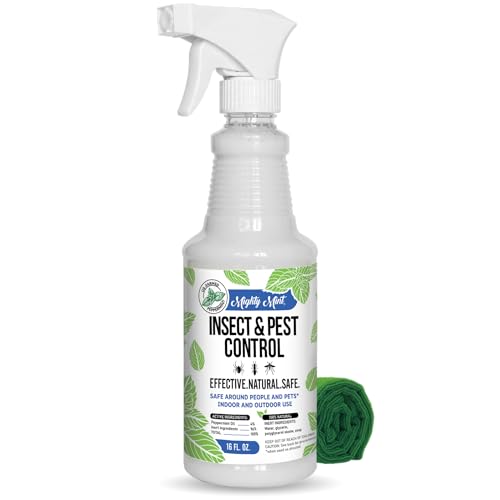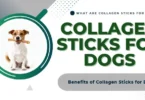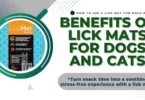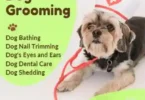Keeping ants out of pet food can be a real challenge. Ants are persistent and can quickly invade your pet’s food bowl. This article will help you understand how to keep ants away from your pet’s food using simple and effective methods. We’ll cover everything from prevention to natural remedies. Let us dive into the effective ways to keep ants out of pet food.
Why Ants Are Attracted to Pet Food
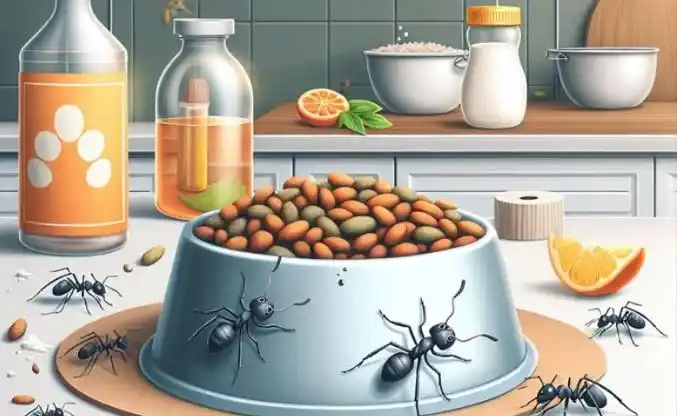
Ants are attracted to pet food because it provides a rich source of nutrients. Pet food often contains proteins, fats, and sugars, all appealing to ants. Once they find a food source, they leave a scent trail for other ants to follow, leading to an infestation.
Prevention Methods to keep ants out of pet food
1. Clean Feeding Area
One of the best ways to keep ants out of pet food is to maintain a clean feeding area. After your pet finishes eating, clean up any leftover food and crumbs. Wipe down the feeding area with a damp cloth to remove any food residue.
2. Use a Feeding Mat
A feeding mat can help contain any spills and make cleaning easier. Choose a mat with raised edges to prevent food from spreading. Clean the mat regularly to ensure it doesn’t attract ants.
3. Store Pet Food Properly
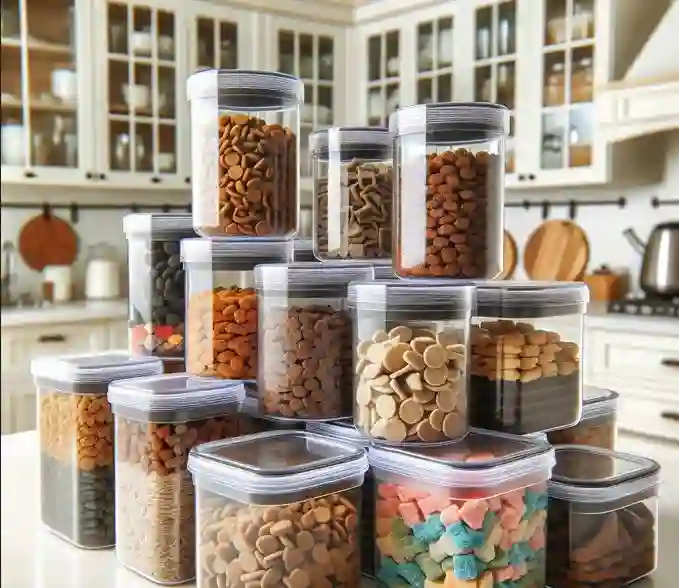
Store pet food in airtight containers. This prevents ants from smelling the food and gaining access to it. Plastic or metal containers with tight-fitting lids work best.
Natural Remedies to keep ants out of pet food
1. Water Moat
A moat is a deep, wide trench that surrounds a bowl, typically filled with water. Place your pet’s food bowl inside a larger, shallow dish filled with water. This creates a moat that ants can’t cross.
2. Create a Barrier
Creating a barrier around your pet’s food bowl can deter ants. You can use substances like petroleum jelly, double-sided tape, or chalk. Apply a thin layer of petroleum jelly around the base of the bowl. Ants won’t cross the sticky barrier.
3. Use Essential Oils
Essential oils like peppermint, tea tree, and citrus can repel ants. Mix a few drops of essential oil with water and spray it around the feeding area. The strong scent will keep ants away.
4. Vinegar Solution
Vinegar is another effective ant repellent. Mix equal parts of vinegar and water in a spray bottle. Spray the solution around the feeding area and on any ant trails you see. The vinegar disrupts the ants’ scent trails.
Advanced Techniques to keep ants out of pet food
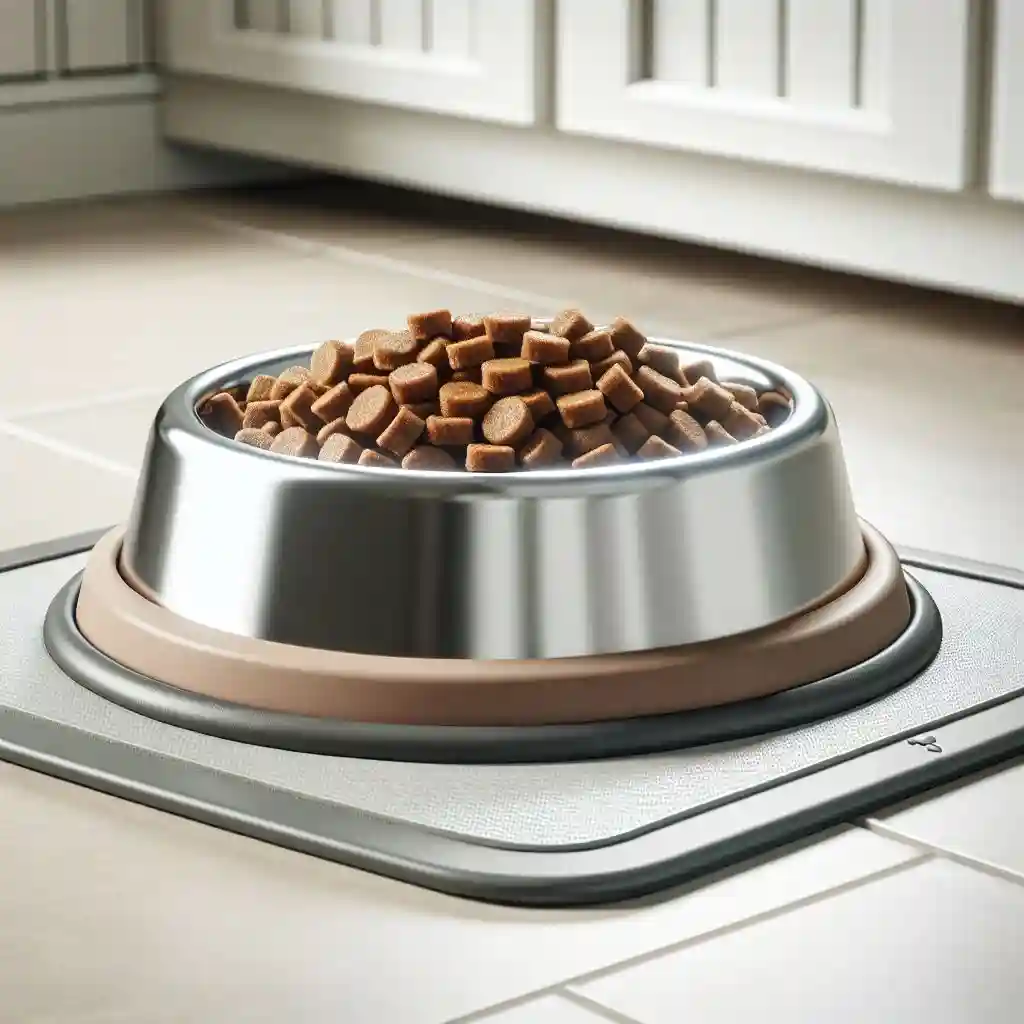
1. Elevated Feeding Station
Elevating your pet’s food bowl can make it harder for ants to reach it. Place the bowl on a stand or platform. You can also use a shallow dish filled with water as a moat around the food bowl. Ants won’t be able to cross the water to reach the food.
2. Diatomaceous Earth
Diatomaceous earth is a natural powder that can kill ants. Sprinkle a small amount around the feeding area. The powder is harmless to pets but lethal to ants. It works by dehydrating the ants.
3. Ant-Proof Pet Food Bowls
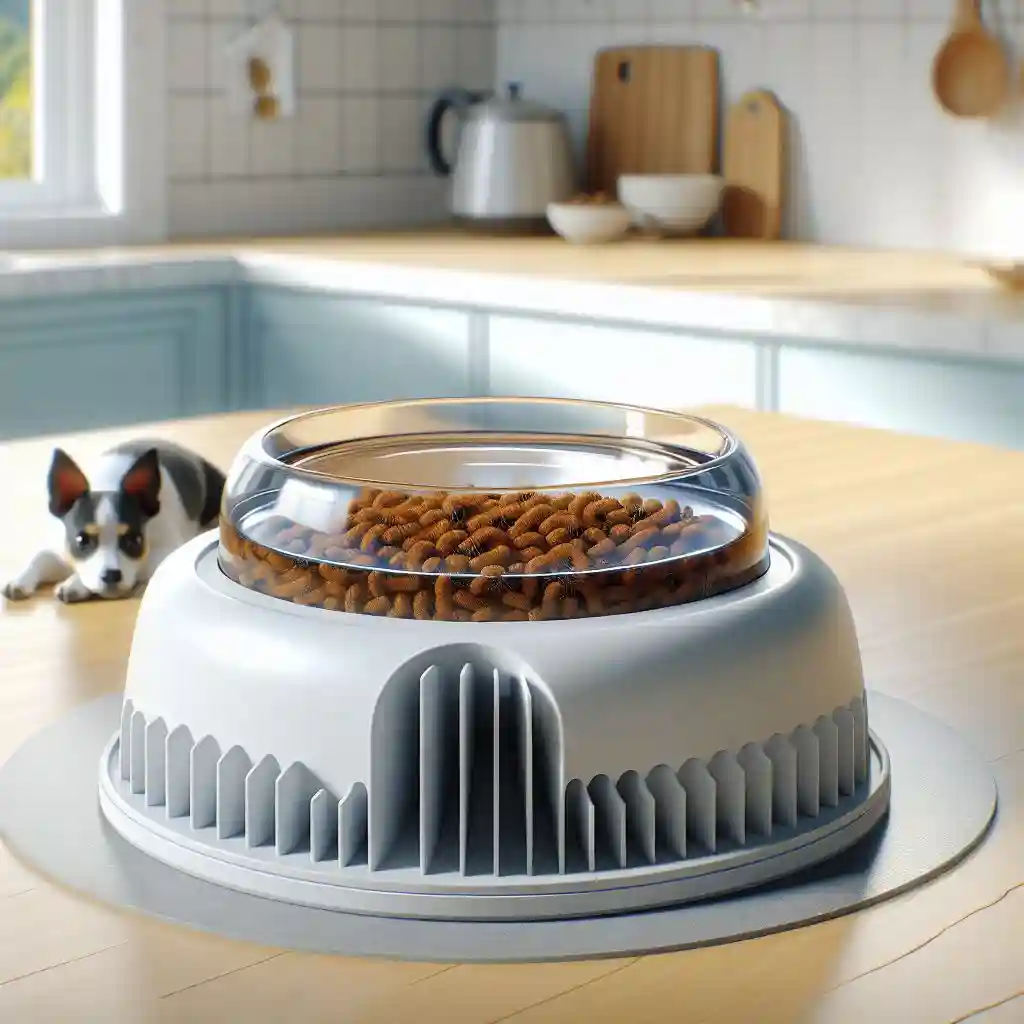
Consider investing in an ant-proof pet food bowl. These bowls have a built-in moat or other features to keep ants out. They can be a bit more expensive but are very effective.
Regular Maintenance
Regularly check the feeding area for signs of ants. If you notice any ants, immediately remove them and clean the area. Adjust your methods as needed to keep ants at bay.
Ants are attracted to more than just pet food. Keep your home clean to reduce the chances of an ant infestation. Sweep and mop floors regularly, and take out the trash frequently.
Conclusion
Keeping ants out of pet food requires a combination of cleanliness, prevention, and natural remedies. By following these steps, you can ensure your pet’s food remains ant-free. Remember to clean the feeding area, use barriers, and store food properly. With a little effort, you can keep those pesky ants away from your pet’s food.
Disclosure: This content is reader-supported, as an Amazon Associate, we earn from qualifying purchases. Support us!
Frequently Asked Questions (FAQs)
-
Why are ants attracted to pet food?
Ants are attracted to pet food because it contains proteins, fats, and sugars, which are essential nutrients for them. The scent of pet food can easily draw ants to the feeding area.
-
How can I prevent ants from getting into my pet’s food?
To prevent ants from getting into your pet’s food, keep the feeding area clean, use airtight containers for storing food, and create barriers around the food bowl using substances like petroleum jelly or double-sided tape.
-
What natural remedies can I use to repel ants?
Natural remedies to repel ants include using essential oils like peppermint or tea tree oil, creating a vinegar solution to disrupt their scent trails, and sprinkling diatomaceous earth around the feeding area.
-
Are there any ant-proof pet food bowls available?
Yes, there are ant-proof pet food bowls available that have built-in moats or other features designed to keep ants out. These bowls can be a bit more expensive but are very effective.
-
How often should I clean the feeding area to keep ants away?
It’s best to clean the feeding area after each meal. Wipe down the area with a damp cloth to remove any food residue and crumbs that might attract ants.
-
Can ants harm my pet if they get into the food?
While a few ants are unlikely to harm your pet, a large infestation can be problematic. Ants can contaminate the food and cause discomfort or allergic reactions in some pets.
-
What should I do if I find ants in my pet’s food?
If you find ants in your pet’s food, discard the contaminated food immediately. Clean the feeding area thoroughly and take steps to prevent future infestations, such as using barriers and natural repellents.
-
How can I use essential oils to keep ants away from pet food?
Mix a few drops of essential oil with water in a spray bottle and spray it around the feeding area. The strong scent of oils like peppermint, tea tree, or citrus will repel ants.
-
Is diatomaceous earth safe to use around pets?
Yes, food-grade diatomaceous earth is safe to use around pets. Sprinkle a small amount around the feeding area to kill ants. It works by dehydrating them and is harmless to pets.
-
Can I use vinegar to keep ants away from pet food?
Yes, vinegar is an effective ant repellent. Mix equal parts of vinegar and water in a spray bottle and spray it around the feeding area and on any ant trails you see. The vinegar disrupts the ants’ scent trails.


